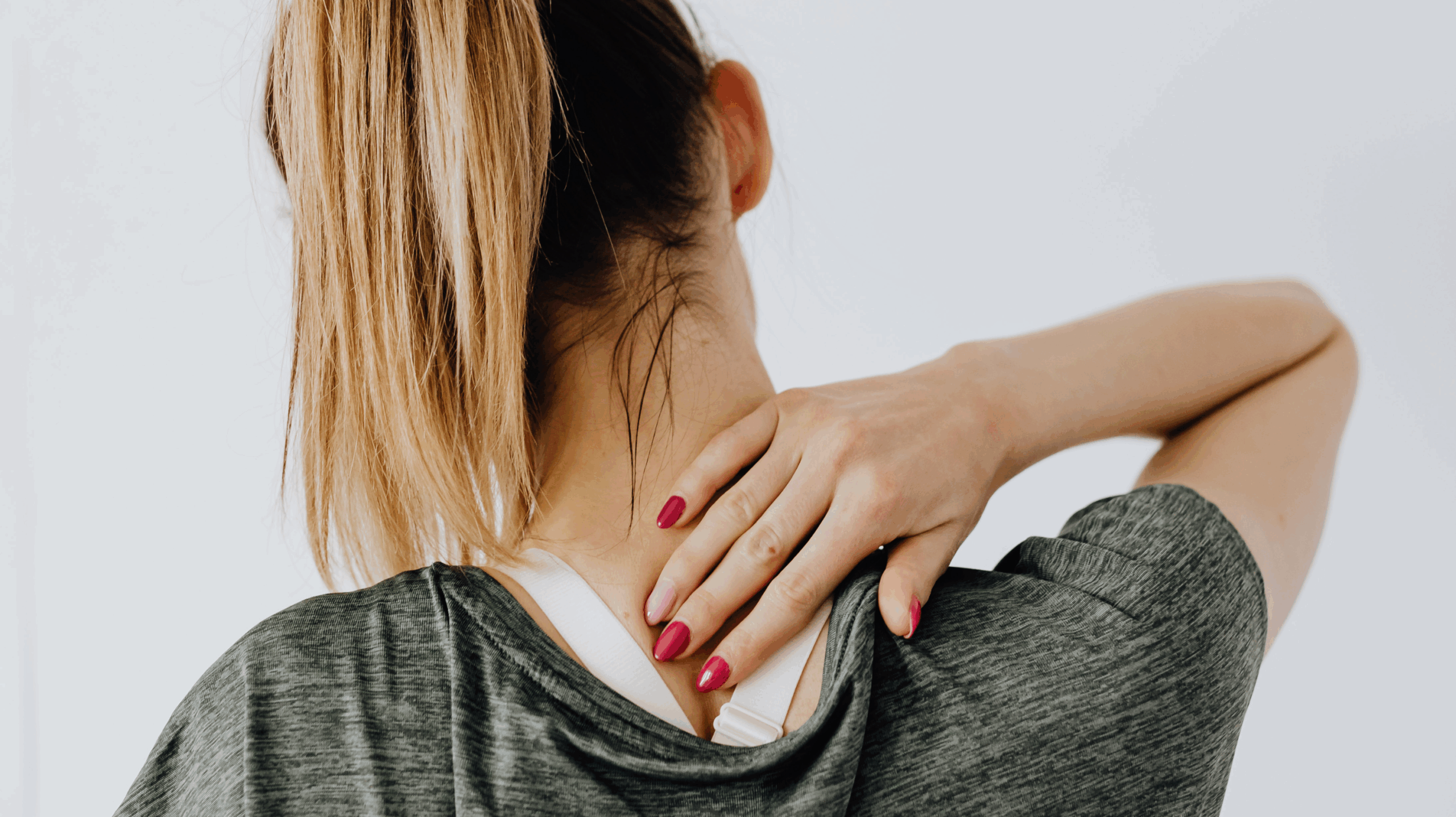
Best Supplements for Joint Pain in Menopause & Perimenopause
It’s no wonder why so many women are searching for the best supplements for joint pain during menopause and perimenopause.
The world of supplements can be extremely overwhelming. What are you meant to be looking for? How do you know which ingredients are clean?
To make things easy for you, here’s a list of supplements for joint pain in menopause and perimenopause – nutritionist approved.
Why is joint pain common in menopause and perimenopause?
If you’re on the hunt for supplements for joint pain, you’re clearly in some discomfort. But why? What causes joint pain during perimenopause and menopause?
There are a range of triggers. Let’s take a look.
Changes to your hormones
During perimenopause and menopause, your hormone levels go up and down like a rollercoaster.
In particular, changes to oestrogen, progesterone and testosterone levels can cause many different symptoms, including joint pain. These hormones have roles in muscle and joint health, making sure they aren’t inflamed and are well lubricated.
However, when these hormone levels dwindle, your joints and muscles can become neglected. This means that you may experience joint pain and general stiffness in your muscles.
Less collagen
Oestrogen has a huge range of responsibilities, one of which being to help produce collagen.
As your oestrogen levels decline in perimenopause and menopause, so does collagen production. In terms of your joints, less collagen can lead to vulnerability to wear and tear, injury and general joint pain.
A change in collagen production also impacts your skin, usually drying it out.
Weight gain
During perimenopause and menopause, weight gain is extremely common and is one of the most frequent complaints.
Weight control at this time is more challenging than other stages of life due to the drop in oestrogen on top of other lifestyle factors and stress.
In terms of your joints, gaining weight can put extra pressure on them and can cause inflammation.
Osteoarthritis
It’s really important to keep track of muscle and joint pain in perimenopause and menopause. This is because, once you reach 45 years old, you’re at a higher risk of developing conditions like osteoarthritis. The changes to your hormones can trigger these conditions. So, keep note of your symptoms and always discuss them with a doctor.
Different types of joint pain in menopause
In perimenopause and menopause, it’s not uncommon to experience joint pain. However, there are different types of conditions that can cause this pain and discomfort.
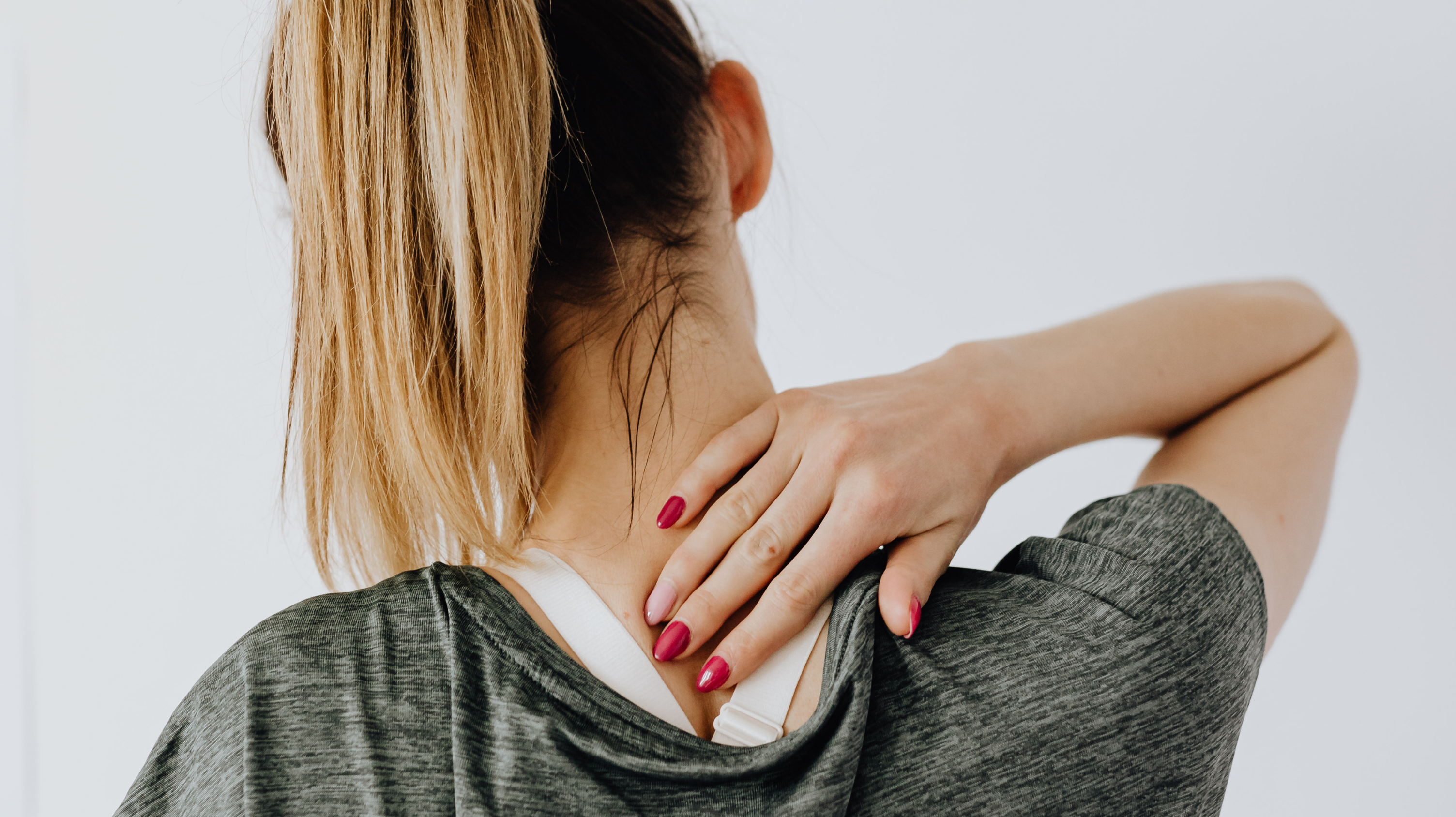
Osteoarthritis in menopause
The most commonly associated joint issue tied to menopause is osteoarthritis, which is when your cartilage is broken down inside the joints. Ouch!
Unfortunately, menopause increases the risk of developing this condition.
What does osteoarthritis feel like?
Remember that you should always speak with a doctor if you’re concerned about your symptoms. Never self-diagnose!
That said, if you’re wondering what osteoarthritis feels like, the following list pretty much sums it up:
- Pain and stiffness inside your joints
- Finding it tricky to do activities due to said stiffness
- Your joints feeling tender
- Pain worsening if you haven’t moved in a little while
- Your joints look slightly bigger or knobblier than you’re used to
- Loss of muscle or weakness
- A crackling sound in your joints
While osteoarthritis can impact any joint in your body, it’s most common in your knees, hands and hips.
Rheumatoid arthritis in menopause
Even though rheumatoid arthritis can set in at any age, menopause and its consequent hormonal changes make it more commonly experienced at this stage of life.
Rheumatoid arthritis is an autoimmune disease. Your immune system, when you have rheumatoid arthritis, attacks your joints. This, as a result, leaves you with joint pain, aches and inflammation.
What does rheumatoid arthritis feel like?
Just like menopause itself, the symptoms of rheumatoid arthritis varies from person to person. They can even change over time. That’s why it’s so important to track how you’re feeling and share this information with your doctor.
The main symptoms of rheumatoid arthritis are:
- Throbbing and aching in the joints which is usually worse in the mornings or when you’ve not moved for a little while
- Stiffness in your joints. You may, for example, find it challenging to bend your fingers
- Swelling in the joints, which can, in turn, make your joints feel hot and sore to touch
- Exhaustion (though menopause fatigue can also contribute to this!)
- Fever and sweating
- Loss of appetite
- Sudden weight loss
Supplements for joint pain in menopause – do supplements really work?
Supplements for joint pain are varied and, as with most supplements, impact each person differently. We all have different bodies, after all!
As a Menopause Nutritionist, I’ve worked with my fair share of supplements for joint pain. Based on my client’s results, these are the best ones available.
How do supplements for joint pain help during menopause?
Taking supplements for joint pain during menopause can help by balancing out potential nutritional deficiencies.
During menopause and perimenopause, it’s common to lose some of your bone density and gain some unwanted inflammation. That’s where supplements can be the hero: strengthening your bones and improving calcium absorption as well as reducing inflammation. When this happens, you’re likely to experience less joint pain.
How to know which supplements for joint pain are best
If you’re searching for supplements for joint pain, it’s understandable if you don’t want to buy the first thing that pops up on Google.
These are going into your bloodstream, so you want to make sure you’re choosing supplements that have a solid track record.
You need to understand the options available and their unique benefits.
Remember, too, that supplements may take some time to show results, so don’t discard them too quickly! Be patient.
The best supplements for joint pain in menopause and perimenopause
So, let’s move onto what you’re here for: my menopause nutritionist approved list of supplements for joint pain.
Glucosamine MSM Chondroitin
These little powerhouses are excellent supplements for joint pain in menopause and perimenopause.
They contain Glucosamine and Chondroitin which help with the structure of connective tissue, including joints to reduce joint aches.
Glucosamine occurs naturally inside your body, being an amino sugar. That said, production can slow with age – specifically during menopause.
On top of this, they’re free of any additives.
Nutritional Information
| Ingredient | Amount Per Supplement |
|---|---|
| Glucosamine Hydrochloride | 1262mg |
| Methyl Sulphonyl Methane (MSM) | 1000mg |
| Chondroitin Sulphate | 200mg |
Suitability
These supplements for joint pain are highly effective, but they don’t suit everyone. You should not take these supplements if you have the following allergies:
- Crustaceans
- Fish
- Molluscs
Also, you should consult your doctor before taking any supplements – specifically if you’re under medical supervision.
Omega 3 – Pure and Wild
These supplements are produced thanks to Alaskan pollock, which are caught using responsible fishing methods. Sustainability is a huge part of what Natroceutics do.
Omega-3 Pure and Wild are supplements for joint pain but they also help with cognitive health and performance. Seeing as brain fog and memory issues are extremely common during perimenopause and menopause, you’ll reap many benefits from these powerhouses.
Nutritional Information
| Ingredient |
|---|
| Fish Oil (wild Alaskan pollock) (1000mg) |
| Tocopherol-rich extract |
| Fish gelatin |
| Glycerol |
| Water |
Suitability
Just like the previous supplements, these are not suitable for anyone who has allergies to fish.
Natruflex Turmeric – Muscle & Joint Support
Natruflex Turmeric – Muscle & Joint Support are, based on their title alone, excellent supplements for joint pain. They are specifically designed to tackle joint and muscle health, combining turmeric extract with black pepper to help with absorption. On top of this, Marine Magnesium aids with nerve function.
If you’re struggling with joint pain in menopause or perimenopause, these supplements are excellent.
They also improve overall gut health, reducing digestive issues in menopause like constipation.
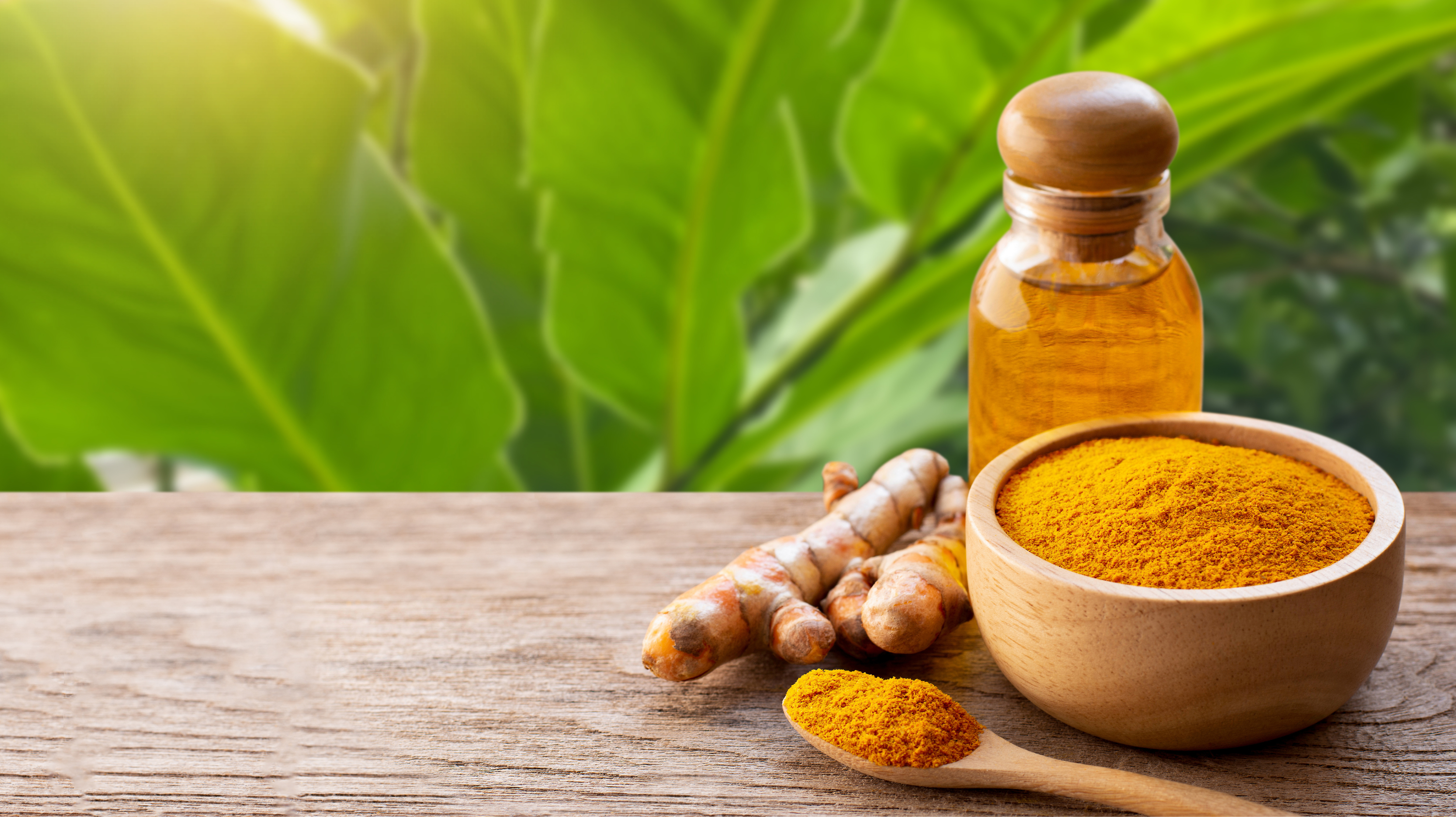
Nutritional Information
| Ingredient | Amount Per Supplement |
|---|---|
| Turmeric Extract | 800mg |
| Black Pepper | 20mg |
| Marine Magnesium | 180mg |
| Tapioca shell |
Suitability
While Natruflex deliver fantastic supplements for joint pain, it’s important to inform your doctor whenever taking anything new.
You shouldn’t, for example, take these supplements during pregnancy, if you’re breastfeeding, or if you’re taking blood-thinners.
Totally Derma
Coined as “the smart supplement,” it’s no wonder why so many people adore the Totally Derma option.
Totally Derma is an anti-ageing supplement that focuses on collagen production, maintenance and repair. With improved collagen production and quality, you’ll experience fewer joint pains and aches.
As a bonus, collagen is excellent for that dewy glow for your skin!
When it comes to supplements for joint pain, Totally Derma works to decrease inflammation and improve joint function.
As more collagen and hyaluronic acid is produced inside your body, stiff joints and your spine becomes less stagnant and, instead, becomes more flexible. This is far more comfortable.
Not to mention, these supplements contain the patented Arthred, which has been seen to repair and rebuild cartilage inside your joints.
Nutritional Information
| Ingredient | Aids with |
|---|---|
| Collagen | Joint pain, skin firmness and elasticity |
| Arthred Hydrolysed | Collagen production; joint pain and skin |
| Hyaluronic Acid | Skin hydration, joint tissue rejuvenation and immune function. |
| Synovoderma | Digestive health |
| Grape Seed Extract | Skin hydration, firmness and renewal. Sun damage healing. |
| L-Ascorbic Vitamin C | Collagen production, anti-ageing skin. |
| Green Tea Extract | Anti-inflammatory ingredients. Skin hydration and elasticity. |
| Alpha Lipoic Acid | Anti-ageing skin effects, improving fine lines and wrinkles |
| Zinc | Boosts collagen production, aiding with joint pain and skin health. |
| Manganese | Prevents wrinkles and sagging skin |
| Copper | Repairs and maintains connective tissue. |
Suitability
As with anything – including these supplements for joint pain – they aren’t suitable for everyone. You should speak with your doctor before taking these if:
- You are pregnant or breastfeeding
- You have or have had kidney stones
- You are experiencing digestive issues
- You have problems with your thyroid
- You are a vegetarian or vegan
Nutrisorb D3 & K2
Unlike the other supplements for joint pain on this list, Nutrisorb D3 & K2 is delivered in liquid form, making them an excellent choice if you’re not keen on taking tablets.
Inside, you’ll find Vitamin D and Vitamin K, which help with bone health. Not to mention, Vitamin D contributes to the health of your immune system and muscle function.
Vitamin K2 ensures that calcium binds on your bones and reduces calcification inside the arteries.
Vitamin D3 encourages calcium to be fully absorbed and, in turn, helps with bone strength and formation.
With no artificial colours, sweeteners, flavours (many people say these supplements have no taste) or GMO’s, Nutrisorb D3 & K2 is a brilliant supplement for joint pain.
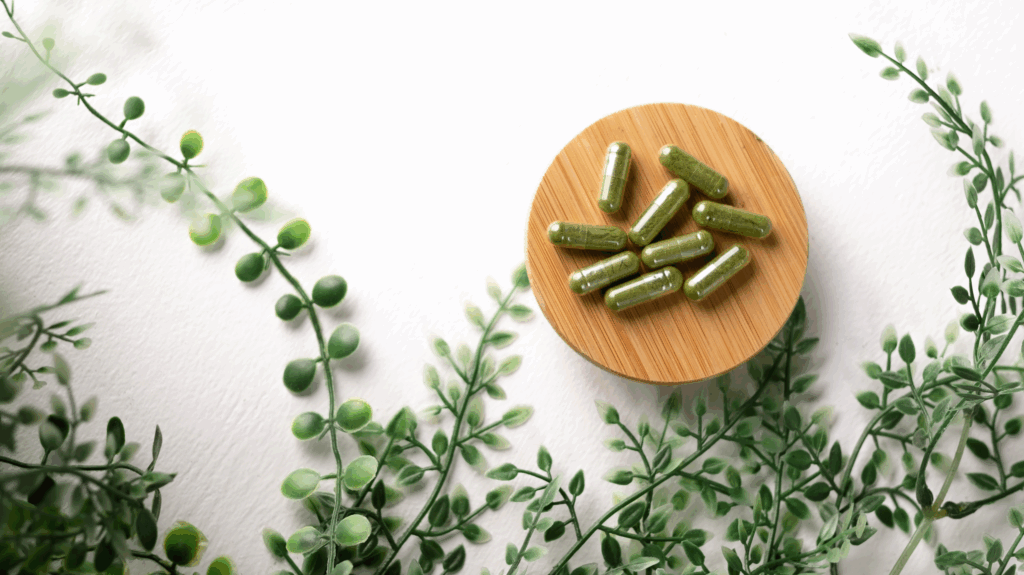
Nutritional Information
| Ingredient |
|---|
| Medium Chain Triglycerides |
| Vitamin K2 |
| Vitamin D3 |
| Antioxidants |
Suitability
Unlike many of the supplements for joint pain on this list, these ones are suitable for vegetarians and vegans.
However, you should still speak with your doctor before starting these supplements.
Joint Complex
The final contender on this list of the best supplements for joint pain is BioCare’s Joint Complex.
These supplements combine a range of nutrients, specifically chosen to aid with joint health and inflammation.
Vitamin C (also found in citrus fruits) helps with collagen formation, immunity and provides general bone and cartilage support. On top of that, boswellia and ginger tackles joint stiffness, making them more flexible and mobile. And they work to reduce inflammation in the joints and muscles, helping to get rid of joint pain in menopause and perimenopause.
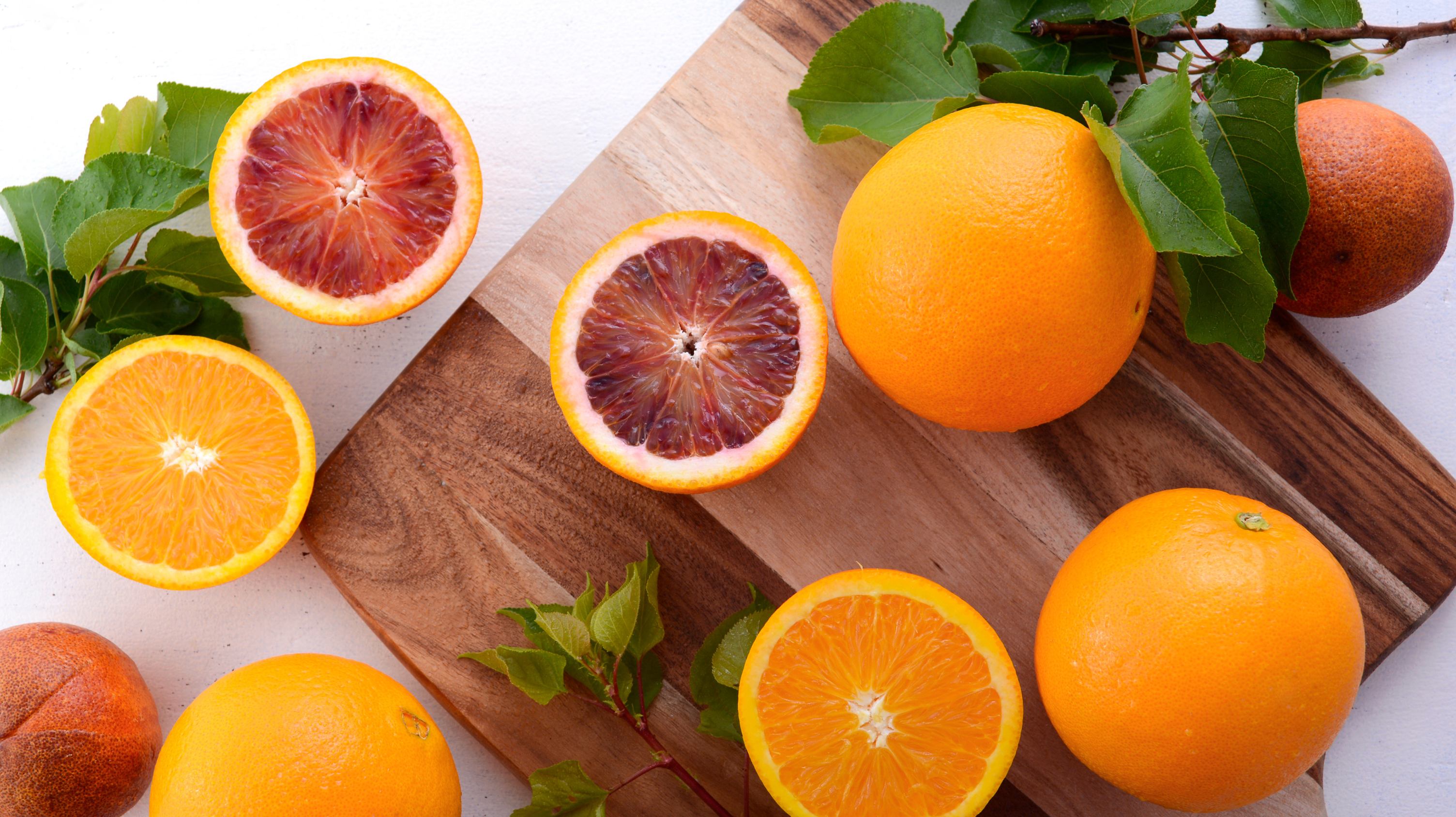
Nutritional Information
| Ingredient | Amount Per Supplement |
|---|---|
| Vitamin C | 50mg |
| Glucosamine Hydrochloride | 400mg |
| Hyaluronic Acid | 100mg |
| Methyl Sulphonyl Methane (MSM) | 100mg |
| Collagen Type 2 | 210mg |
| Chondroitin Sulphate | 75mg |
| Ginger Extract Powder 20:1 | 50mg |
| Boswellia Extract Powder | 133mg |
| Providing Boswellic Acid | 120mg |
Suitability
These supplements for joint pain do contain collagen from animal origins, so they aren’t suitable for vegetarians or vegans.
On top of this, you shouldn’t take these if you are trying to conceive, currently pregnant or are breastfeeding.
As with all of these supplements, it’s important to inform your doctor before taking any new medication. Always keep them in the loop!
Joint pain and menopause – when to see a doctor
As is the case for any menopause or perimenopause symptom, you should never have to deal with it alone. Keep your doctor informed of any new symptom.
That said, you should book an appointment sooner rather than later if your joint pain is severe and persistent, impacting your day-to-day life.
While joint pain is considered common during these transitional phases, they can sometimes mask an underlying condition. It’s always better to be safe rather than sorry, so book an appointment with your GP to talk about it.
Make sure you keep your doctor in the loop about any supplements for joint pain you’re taking, too.
Supplements for joint pain in menopause and perimenopause – in a nutshell
If you’re perimenopausal or menopausal, you’re one of the millions of women around the globe searching for supplements for joint pain that actually work.
Before taking any supplements, it’s important to speak with your doctor who can assess suitability.
BioCare provides options of Glucosamine MSM Chondroitin, Nutrisorb D3 & K2 or Joint Complex.
Or, of course, you have the options of the sustainable Pure & Wild Omega-3 Fish Oil and Dermacare’s Totally Derma.
Make sure you understand whether each type is suitable for you before taking them and don’t be afraid to ask questions.
These supplements for joint pain have worked time and time again for my clients. So, rid the aches today and get started on one of these supplements!
Leave a Reply
- free ebook alert -
WHAT TO EXPECT WHEN YOU’RE
going through the menopause
Demystify your understanding of what’s happening to you. Arm yourself with solid, game-changing information to support you through this challenging phase of your life.
grab your copy now →
WHAT TO EXPECT WHEN YOU’RE
going through the menopause